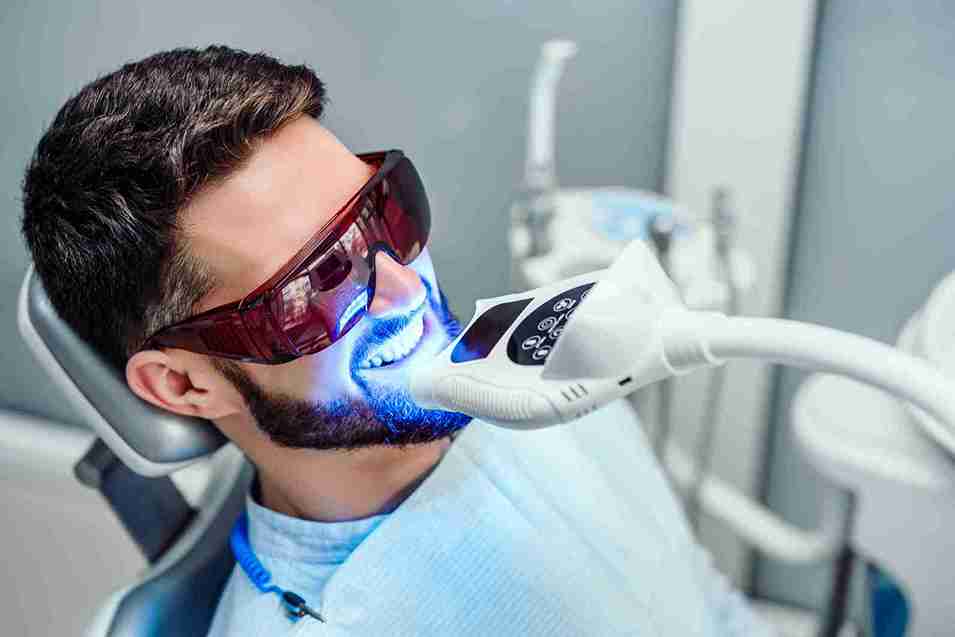Introduction
In the healthcare industry, regulatory compliance is essential to ensuring patient safety, quality of care, and organizational integrity. With an ever-evolving landscape of regulations, healthcare providers must adopt robust systems to maintain compliance effectively. ControlledCare offers innovative solutions, including the Smart Nurse Call System, designed to enhance compliance and streamline communication in healthcare settings. This article provides a comprehensive guide on how to leverage ControlledCare’s tools to achieve regulatory success.
Understanding Healthcare Compliance
What is Healthcare Compliance?
Healthcare compliance refers to the adherence to laws, regulations, guidelines, and ethical standards that govern the healthcare industry. This encompasses a wide range of areas, including patient safety, data protection, and operational practices. Compliance is crucial for protecting patient rights and ensuring that healthcare organizations operate within legal frameworks.
Importance of Healthcare Compliance
- Patient Safety: Compliance ensures that healthcare providers deliver safe and effective care, reducing the risk of harm to patients.
- Legal Protection: Adhering to regulations protects healthcare organizations from fines, lawsuits, and other legal repercussions.
- Quality Improvement: Compliance fosters a culture of continuous improvement, which enhances the overall quality of care and patient satisfaction.
The Role of ControlledCare in Healthcare Compliance
Overview of ControlledCare
ControlledCare is a leading provider of integrated healthcare solutions that streamline operations and enhance communication. Their tools, including the Smart Nurse Call System, are designed to help healthcare facilities maintain compliance with regulatory standards while improving patient care.
Features of ControlledCare’s Integrated Solutions
- Smart Nurse Call System: This advanced communication system enables patients to request assistance quickly and efficiently, providing real-time data to healthcare providers.
- Data Analytics: ControlledCare’s solutions include analytics tools that help organizations track compliance metrics and identify areas for improvement.
- User-Friendly Interface: The intuitive design of ControlledCare’s tools ensures that healthcare staff can navigate the system easily, minimizing errors and enhancing compliance.
How to Use ControlledCare for Regulatory Success
1. Streamlining Communication with the Smart Nurse Call System
The Smart Nurse Call System is integral to enhancing communication between patients and healthcare providers. Here’s how it supports regulatory compliance:
- Immediate Response to Patient Needs: Timely responses to patient calls ensure compliance with standards for patient care and safety.
- Documentation and Audit Trails: The system automatically logs patient requests and responses, providing a clear audit trail that is essential for compliance reporting.
2. Leveraging Data Analytics for Compliance Tracking
ControlledCare’s integrated tools provide robust data analytics capabilities that help healthcare organizations:
- Monitor Compliance Metrics: By analyzing data related to patient interactions and response times, organizations can identify compliance gaps and areas for improvement.
- Generate Compliance Reports: Automated reporting features simplify the process of generating compliance documentation, making it easier for organizations to demonstrate adherence during audits.
3. Enhancing Staff Training and Awareness
Proper training is crucial for ensuring that staff understand regulatory requirements and how to use ControlledCare’s tools effectively. Here’s how ControlledCare supports training:
- Comprehensive Training Programs: ControlledCare offers training modules that educate staff on regulatory compliance and the effective use of the Smart Nurse Call System.
- Ongoing Support Resources: Continuous access to training materials ensures that staff remain informed about regulatory changes and best practices.
4. Facilitating Real-Time Monitoring and Response
ControlledCare’s integrated tools enable real-time monitoring of patient activities and staff responses, which enhances compliance in several ways:
- Proactive Issue Resolution: Immediate alerts for potential compliance breaches allow healthcare organizations to address issues before they escalate.
- Improved Patient Outcomes: Ensuring that patient needs are met promptly enhances overall patient satisfaction and health outcomes, aligning with regulatory standards.
5. Ensuring Data Security and Privacy Compliance
Compliance with regulations such as HIPAA (Health Insurance Portability and Accountability Act) is critical for healthcare organizations. ControlledCare’s tools help ensure data security and privacy through:
- Robust Security Features: The Smart Nurse Call System incorporates encryption and access controls to protect patient data and ensure only authorized personnel have access.
- Regular Security Audits: ControlledCare conducts regular audits to identify and address potential security vulnerabilities, ensuring ongoing compliance with data protection regulations.
Case Study: A Hospital’s Success with ControlledCare
Sunrise Health Center implemented ControlledCare’s integrated tools, including the Smart Nurse Call System, to enhance their compliance efforts. Here’s how they achieved success:
- Increased Response Rates: The health center reported a 50% reduction in response times to patient requests, significantly improving patient satisfaction scores.
- Enhanced Compliance Tracking: Through data analytics, the center monitored compliance metrics effectively, resulting in a 40% improvement in adherence to regulatory standards.
- Streamlined Staff Training: Training programs were simplified, leading to higher staff confidence in using the Smart Nurse Call System.
Future Trends in Healthcare Compliance
1. Increased Use of AI and Automation
The future of healthcare compliance is likely to involve greater integration of artificial intelligence (AI) and automation. These technologies can streamline compliance processes, reduce human error, and enhance data analytics capabilities.
2. Enhanced Focus on Patient-Centric Care
As regulatory standards evolve, there will be a stronger emphasis on patient-centric care. Healthcare organizations will need to adapt their compliance strategies to prioritize patient engagement and satisfaction.
3. Continuous Learning and Adaptation
The healthcare landscape is constantly changing, and organizations must remain agile. Continuous learning and adaptation will be essential for maintaining compliance in an ever-evolving regulatory environment.
Conclusion
Ensuring healthcare compliance is a multifaceted challenge that requires robust systems and processes. ControlledCare’s integrated tools, particularly the Smart Nurse Call System, play a crucial role in helping healthcare organizations achieve regulatory success. By streamlining communication, leveraging data analytics, and enhancing staff training, ControlledCare empowers organizations to focus on delivering exceptional patient care while ensuring adherence to regulations. As the healthcare industry continues to evolve, adopting innovative solutions like ControlledCare’s tools will be essential for maintaining compliance and improving patient outcomes.




